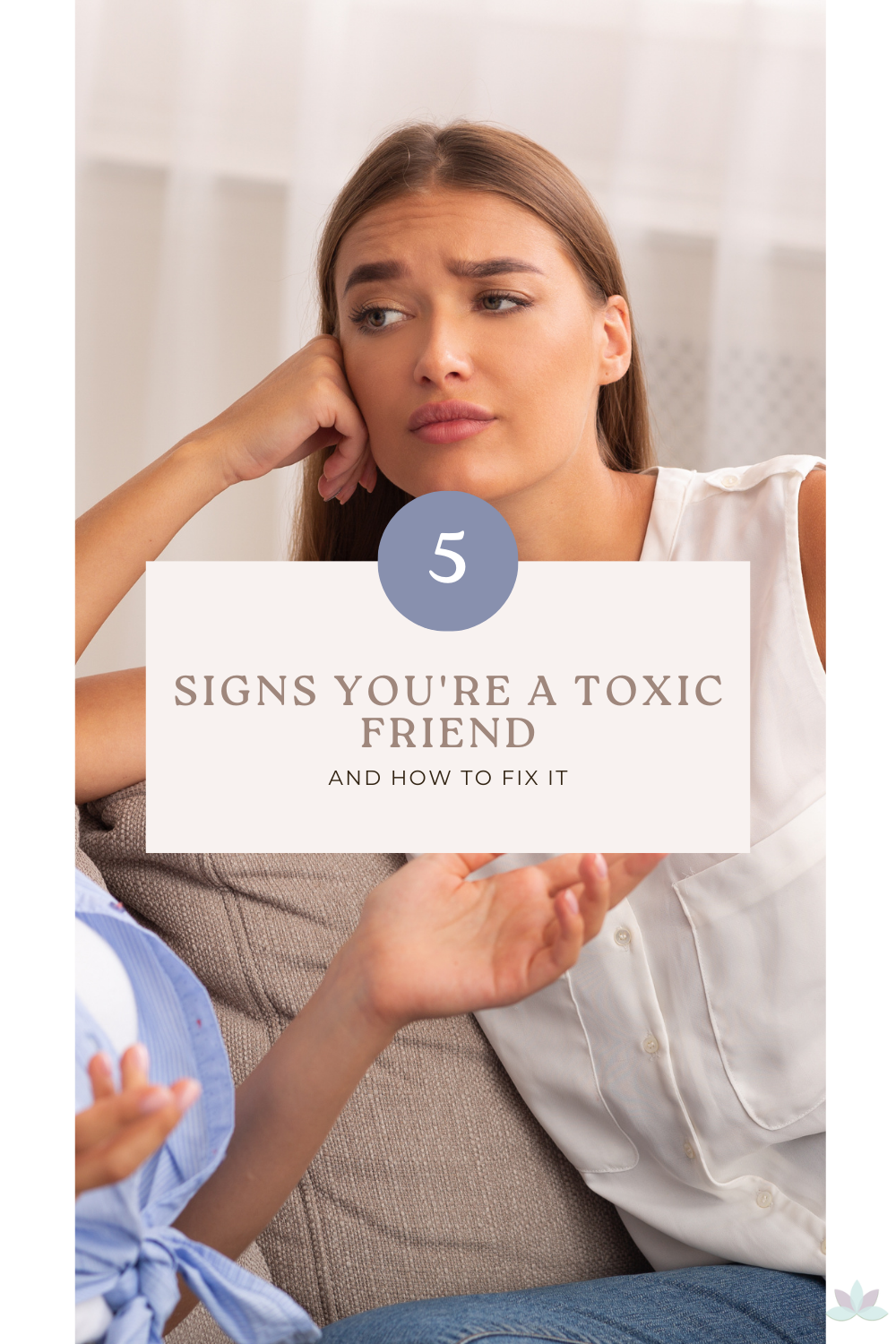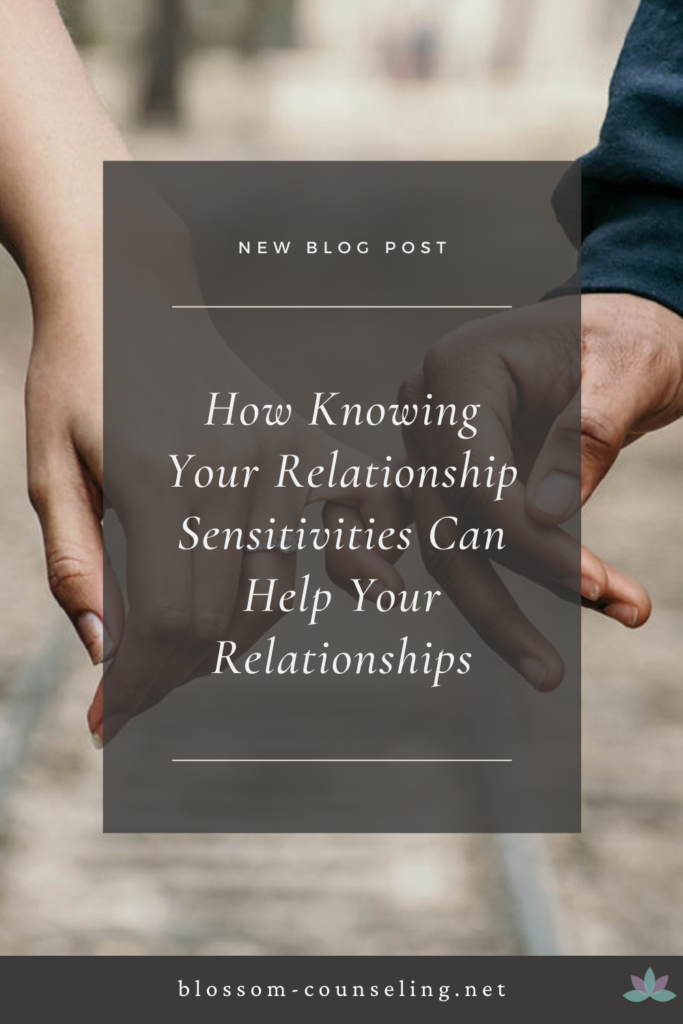
Have you ever had a friend who drains your energy, makes you feel insecure, or causes more stress than joy? Unfortunately, we all have encountered toxic friendships at some point in our lives. But what if you’re the toxic friend without even realizing it? It’s time to take a step back and evaluate your behavior towards your friends. In this article, we’ll discuss five common signs of toxic friendship behavior and offer practical solutions to help you become a better friend. By recognizing and correcting these behaviors, you can foster healthier relationships and bring more positivity into your life. So, let’s dive in and learn how to fix toxic friendships once and for all!
You dominate conversations
Another sign of toxic friendship is dominating conversations. Do you find yourself always talking about yourself, interrupting others, or not letting others have a chance to speak? This behavior can be draining for your friends and make them feel like their thoughts and feelings don’t matter. It’s important to remember that conversations are a two-way street, and everyone deserves a chance to be heard.
To fix this behavior, try to actively listen to your friend’s stories and ask follow-up questions. Don’t interrupt or interject with your own story unless it’s relevant or the conversation is flowing that way naturally. Practice being present in the moment and focusing on what your friend is saying without constantly thinking about what you want to say next. By making an effort to share the spotlight, you’ll show your friends that you value their input and make your conversations more enjoyable for everyone involved.
You never take responsibility
Being a good friend means taking responsibility for your actions and words. If you find yourself always making excuses, blaming others, or not acknowledging your mistakes, it’s a sign that you’re not being a supportive friend. No one is perfect, and it’s important to own up to your mistakes and apologize when necessary.
To become a better friend, start by taking accountability for your actions. If you hurt someone’s feelings, apologize and try to make amends. Don’t try to shift the blame or make excuses for your behavior. Also, be mindful of your words and actions moving forward to avoid repeating the same mistakes.
On the other hand, constantly being negative can also be a sign of toxic behavior in a friendship. It can be draining for your friends to always hear complaints and criticism.
You’re constantly negative
Constant negativity can be a toxic trait in a friendship. It’s important to recognize when you might be bringing others down with your negative outlook. Have you noticed that you’re always complaining or criticizing? Do your friends seem to avoid spending time with you because they don’t want to be dragged into your negativity? If so, it’s time to make a change.
Start by taking a step back and examining your thought patterns. Are you more likely to focus on the negative aspects of a situation rather than the positive? Are you quick to criticize without offering any solutions? Once you’ve identified these patterns, start practicing positivity. Look for something to be grateful for each day and try to focus on the good in your life. When you catch yourself slipping into negativity, redirect your thoughts to something positive.
It’s also important to be mindful of the impact your words and actions have on others. If you find yourself constantly complaining to your friends, try to balance it out by actively listening to their problems and offering words of encouragement. Try to be more flexible and open-minded when it comes to plans and activities. By making a conscious effort to be more positive and supportive, you can turn around a toxic pattern of behavior.
Recognizing and addressing constant negativity is just one step towards becoming a better friend.
You’re possessive and controlling
Being possessive and controlling in a friendship can be just as toxic as being constantly negative. If you find yourself always wanting to be around your friend and feeling threatened by their other relationships, it’s time to take a step back and re-evaluate your behavior. Friends should support each other’s other relationships, whether they be romantic or platonic. It’s not healthy to feel like you need to control your friend’s time or who they spend it with.
Another aspect of possessiveness and control is trying to dictate what activities you and your friend do together. It’s important to have mutual respect for each other’s interests and ideas, and to compromise on activities that you’ll both enjoy. If you’re constantly pushing for your own way, it can make your friend feel like you don’t value their opinions or input.
It’s important to address possessive and controlling behavior before it damages your friendship further. Start by acknowledging your friend’s autonomy and respecting their choices. Be open-minded and flexible when it comes to making plans, and make an effort to try new things that your friend is interested in. Remember that friendships are give-and-take, and it’s not fair to only prioritize your own wants and needs.
Being a good friend means supporting your friend’s independence and respecting their choices. By taking a step back and examining your behavior, you can work towards being a positive influence in your friend’s life.
You’re unreliable
Being unreliable is a common trait in toxic friendships. If you’re constantly canceling plans, showing up late or not showing up at all, it’s essential to recognize the impact it has on your friend. Your unreliability may lead to feelings of disappointment, frustration, and hurt, causing long-term damage to your friendship.
Toxic friends are often unreliable because they prioritize their needs and wants over others. If you’re guilty of this, it’s time to start shifting your mindset. Start by committing to the plans you make and sticking to them. If you’re unsure about your availability, be honest with your friend and give them ample notice.
Another way to demonstrate your reliability is to make an effort to reach out to your friend regularly. Check-in on them, inquire about their day, and take an interest in their life. By doing so, you’re showing them that you value the friendship and are committed to maintaining it.
It’s important to understand that being reliable is an essential component of any healthy friendship. Without it, trust, and respect will diminish over time, leaving your friend feeling unsupported and undervalued. Recognizing your unreliability and working to improve it is a critical step in being a better friend.
Repairing a toxic friendship requires effort and commitment. By acknowledging your toxic behavior and making necessary changes, you can turn a negative situation into a positive one. Remember, friendships require give-and-take, and by being reliable and respectful, you can build strong and lasting friendships.
Being a toxic friend can be detrimental to your relationships and your own happiness. By recognizing the signs of toxic behavior such as dominating conversations, never taking responsibility, being constantly negative, being possessive and controlling, or being unreliable, you can begin to make positive changes. It’s important to reflect on your actions and commit to becoming a better friend. As author Maya Angelou once said, “I’ve learned that people will forget what you said, people will forget what you did, but people will never forget how you made them feel.” Make an effort to make your friends feel valued and appreciated, and your friendships will thrive.
|
|



